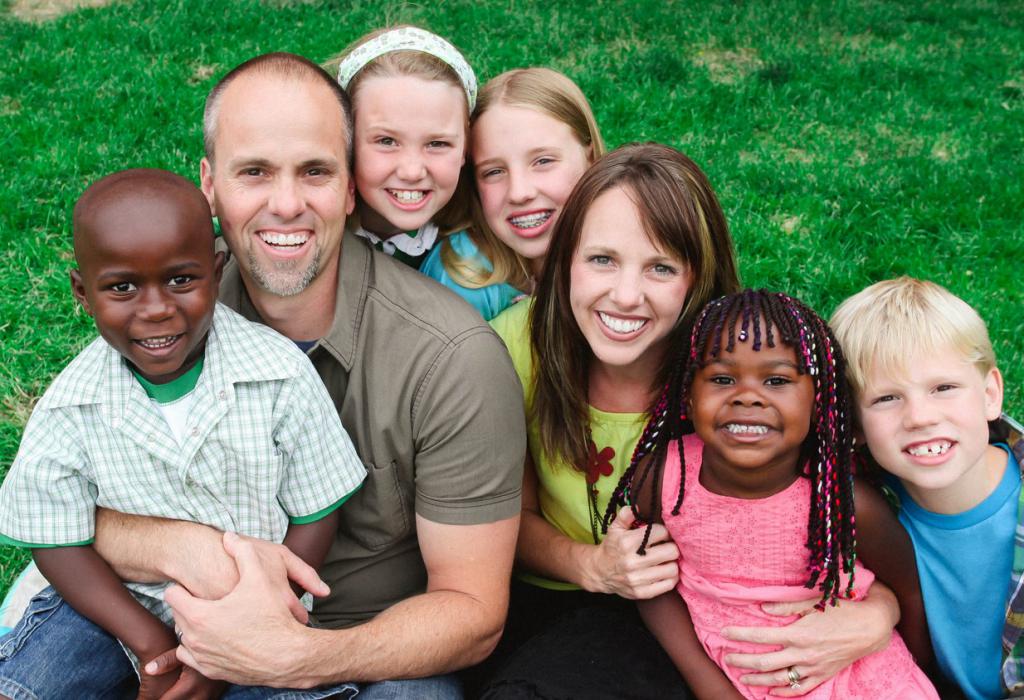Let's try to find out on the basis of what document the foster family is formed. The problem of protecting the interests and rights of children who have lost the supervision of biological parents, as well as orphans, has taken on special significance today.
In the Russian Federation there is social orphanhood. Most of the children who find themselves in a difficult life situation become social orphans with both parents.
The UN Convention on the Rights of Children enshrines their right to live and be raised in a full-fledged family. The state should ensure the social protection of the baby, who is deprived of a family environment, to offer him an alternative to the family.
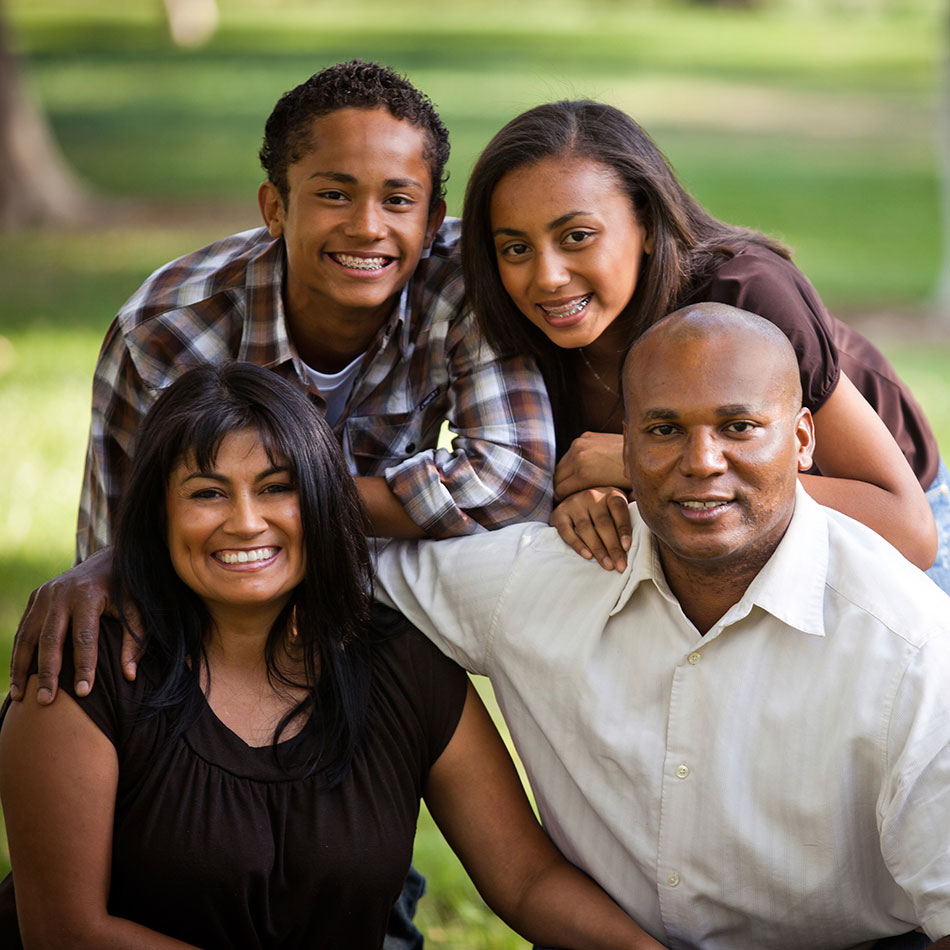
Models of educational activities
Currently, there are three options for raising a family of children who are deprived of traditional care:
- adoption (adoption);
- guardianship (guardianship);
- foster family.
Some of the subjects of the Russian Federation used the rights granted to them, providing for the transfer of children to foster families.
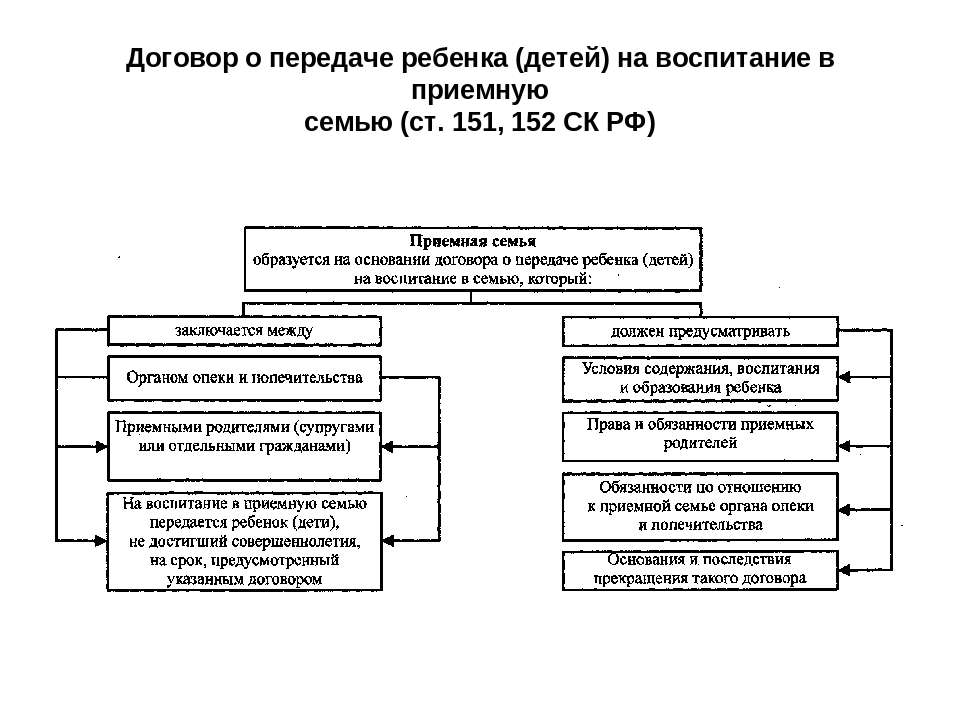
Adoption (adoption)
The main type of parenting that turned out to be unattended by parents, as well as orphans, is the adoption of a child.
This option is a separate type of education in the family, has an unlimited nature. This device is associated with the appearance of a long, often lifelong communication of a child with outsiders for him. What is the basis for the formation of a foster family?
Adoption (adoption) is such a form of education, as a result of which life conditions are created that are similar to the conditions for the development of native babies.
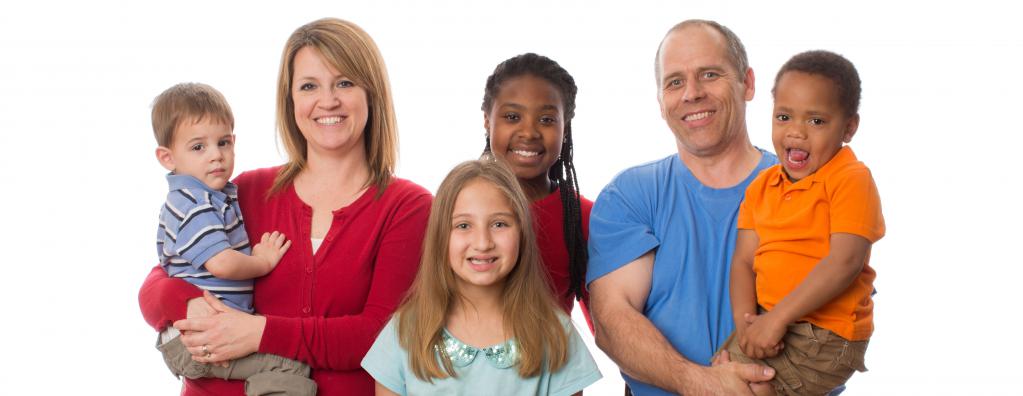
Essence of creation
The foster family is formed on the basis of the Family Code, as well as the Federal Law concerning guarantees for the protection of children.
Individual citizens or spouses who wish to take one or more children who have lost parental care to be raised in a new foster family are legally considered to be foster parents.
A child who is being transferred to a new family is an adopted child.
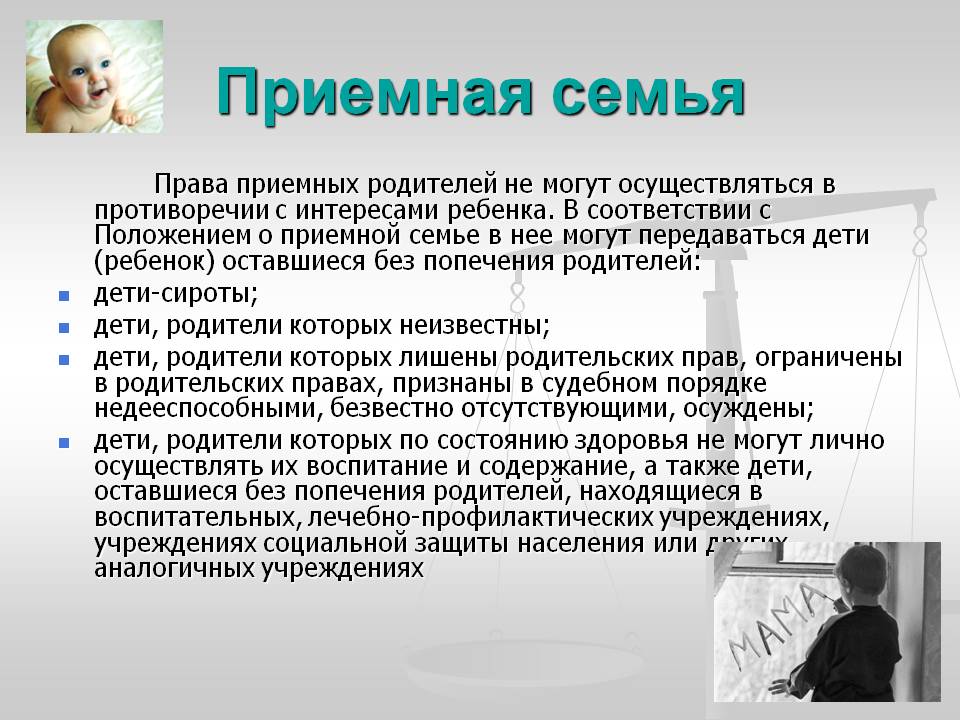
Reasons for the transfer of children
A foster family is formed on the basis of a decision of the judiciary (with the consent of the Department of Guardianship and Guardianship). Children in the following categories are transferred to such a family:
- orphans;
- children who officially have no parents;
- babies whose fathers and mothers are deprived, have lost their rights or are recognized as legally incompetent in court, have restrictions, are officially convicted;
- children, whose mothers and fathers, due to a severe physical illness, are not able to provide proper care and education;
- children in medical treatment and educational institutions, as well as other state educational organizations.
What are the grounds and procedure for the formation of a foster family? In addition to having a court decision, potential guardians must meet certain criteria and requirements. The following situations are exceptions for recognizing the right of an adult to exercise the functions of a guardian:
- recognition by a court of a person as being legally incompetent or completely incompetent;
- deprivation in court of parental rights or the establishment of restrictions on their full implementation;
- removal of a trustee (guardian) from duties for the improper performance of the duties assigned to him by law;
- former adoptive parents, if the adoption was canceled through their fault;
- persons who have diseases that do not allow taking one or more children into a foster family.
Important aspects
A foster family is formed on the basis of a court decision, only then the guardians have certain rights and obligations:
- to bring up a child taken under guardianship (guardianship);
- take care of his physical health, spiritual, mental, moral development;
- independently choose the methods of raising a child, taking into account his opinion, as well as the attitude of the guardian body, observing the requirements of the Family Code of the Russian Federation.
Trustees and guardians can arrange their wards on a general basis in educational state institutions.
Useful information
The grounds and procedure for the formation of a new family are determined by the court, but the total number of children in the adoptive family, including adopted and relatives, should not exceed 8 people.
A foster family is formed on the basis of a court decision, an agreement is drawn up on the transfer of one (several) children to a family. This agreement is concluded between the foster parents and the guardianship authority in the prescribed form.
The grounds for the transfer of the child to a foster family must be legal, consistent with the legislation of the Russian Federation. Taking custody of a child does not lead to the establishment of inheritance and maintenance relations between adoptive children and adoptive parents, which arise from the legislation of the Russian Federation.
Sequencing
The foster family is formed on the basis of the application of the person who wishes to take the child up. An application is submitted to the custody authority at the place of residence, the following documents are attached to it:
- characteristics from the place of work;
- a certificate from the place of work indicating the size of the salary, position certified by the employer in the prescribed manner;
- autobiography;
- a document that confirms the presence of a person planning to take housing in a foster family to raise a child (several children);
- persons in an official marriage must provide a copy of the marriage certificate;
- medical certificate of the medical institution about the health status of the applicant, who expressed a desire to take the child into a foster family.
The foster family arises on the basis of the consent of the guardianship authorities, as well as by decision of the judiciary.
An applicant who applies for a child with a family is required to present a civil passport.
The guardianship authority in order to prepare a conclusion on the possibility of becoming foster parents draws up an act based on the results of a survey of the living conditions of the applicant who wishes to take the child (s) under guardianship or guardianship in a foster family.
If there is every reason for the adoption of a foster family, then 20 days after the filing of the official application, the guardianship authority will give a positive conclusion.
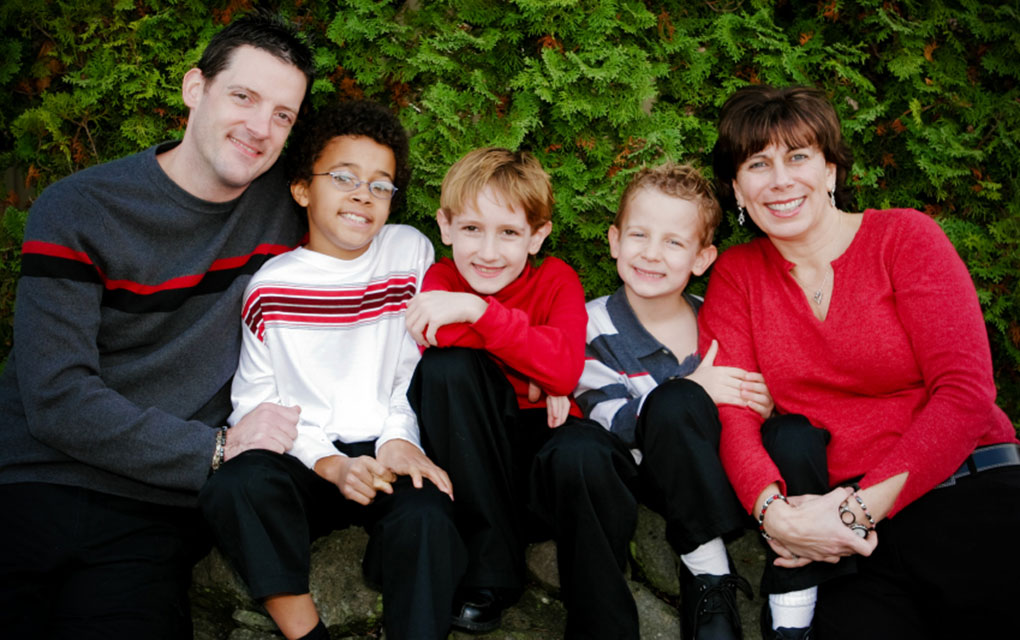
Useful information
In the process of preparing the opinion, the guardianship authority takes into account the personal qualities of those people who decided to take the child into the family for upbringing, their ability to fulfill parental responsibilities, relationships with other family members who live with them.
If the applicant demonstrates a desire to take in a family a child with poor health, a sick baby, a child with serious physical disabilities, a disabled person, then the future adoptive parent (guardian or guardian) has the necessary conditions for this.
Any foster family is formed on the basis of the consent of the child, if he has reached the age of ten.
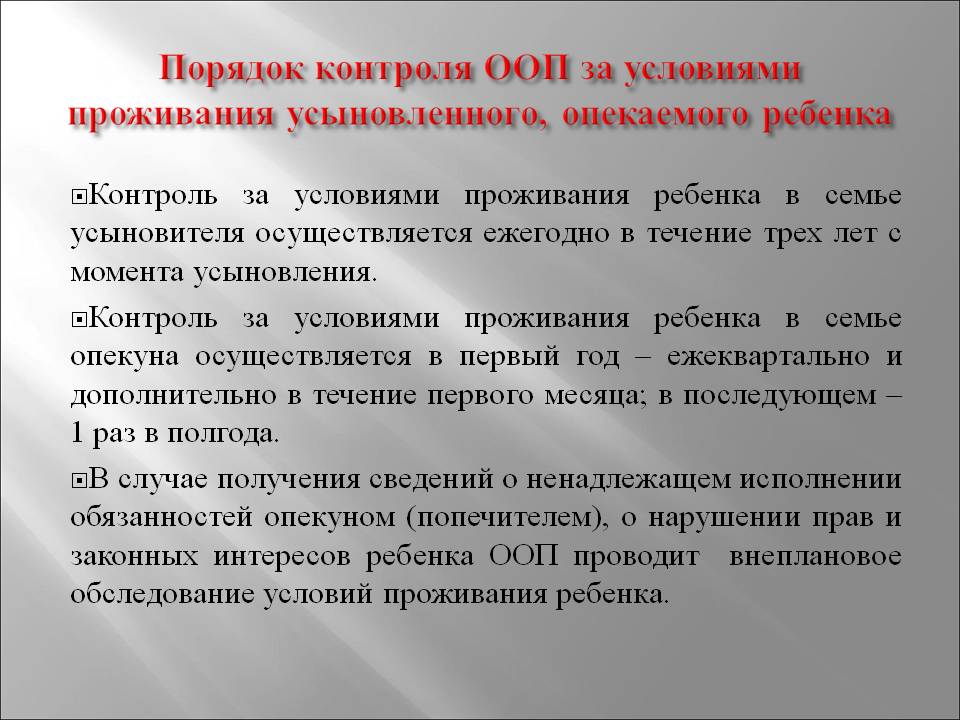
Foster family problems
Consider the main problems of this form of family education of babies who are left without parental care. Not all children who need adoption are in foster care. Practice shows that healthy babies have great chances. Sick children, as well as children who have crossed the threshold of infancy, continue to live in orphanages, or they are adopted by citizens of foreign countries.
Other individual forms of family upbringing - guardianship of guardianship and foster families - are urgent in nature, they are a temporary device for children who are left without parental supervision, as well as orphans in the family.
Destination of the foster family
It allows providing orphans and children who have lost guardianship from their parents with the right to education in the family. Such families received legislative registration only after the adoption of the Family Code in the Russian Federation. In Russia, it was a tradition to take orphans into other people's families. This form was called patronage. It was based on an agreement on the voluntary transfer of a child to an alien family. The foster carer received a certain reward for fulfilling the obligations imposed on him.
After 1917, the family support was not awarded state support, so it ceased to exist. In the second half of the last century, the idea of creating family-type orphanages appeared.
They possessed some signs of patronage. The modern legal model of the foster family was the result of a synthesis of the traditions of pre-revolutionary Russia in matters of raising orphans. The foster family is characterized by all the features of persons who are united by the duties and rights provided for by family law. Moreover, it is considered an independent form of family education of children who were left without parental care, as well as orphans.
The basis of it is made up of spouses who wished to take other people's children for upbringing. Basically, these are people who care about each other, about loved ones, understand the responsibility for the fate of orphans. The grounds for termination of the foster family agreement are indicated in the Family Code of the Russian Federation.
Those relationships that exist between foster parents and children in the future will become a family model for such a child. That is why it is so important to select parents responsibly for a foster family.
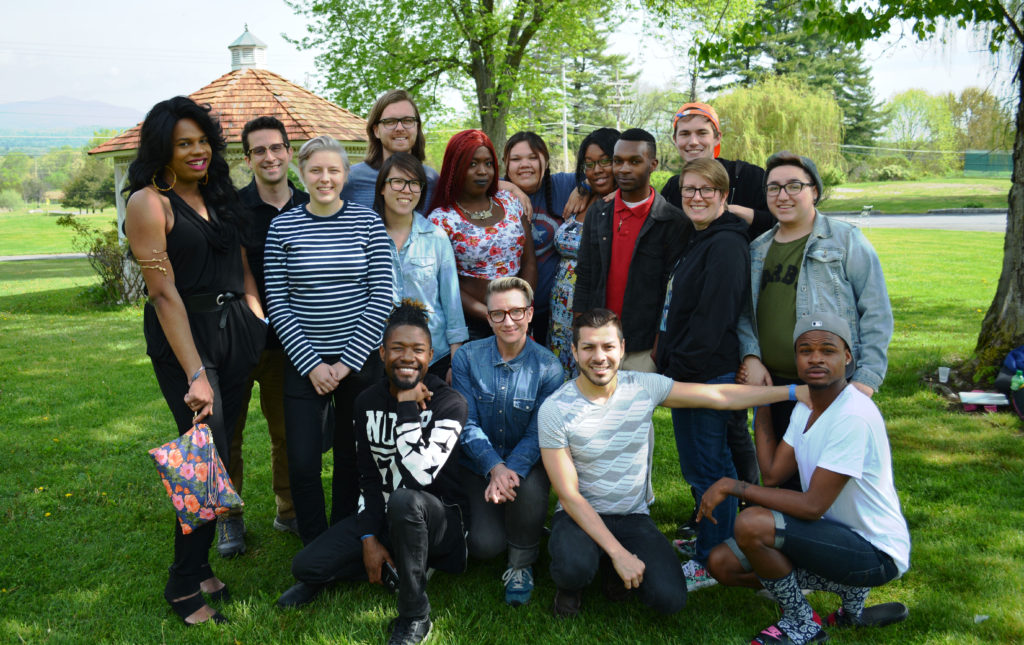
Conclusion
In practice, adoptive parents are spouses who have their own children. Orphans who find themselves in a new family, from the first days, build relationships with other children and with adults. They feel comfort and family warmth, they call adoptive parents dad and mom, and find brothers and sisters.
It is important for the child to hear such an appeal to himself as "daughter", "sonny". With such treatment and other signs of attention, the baby’s soul thaws, which is necessary for his mental and physical health, his subsequent life.
It is important for every minor child to have the house in which they always wait, where they love him. Foster parents are able to give normal living and development conditions to an orphan. In such families, the child receives not only material support, is provided with food and necessary supplies, but also acquires traditional family education until he reaches adulthood.
Children get the opportunity to get closer to real life, gain experience in overcoming difficult life situations, behavior under stress, get psychological protection, moral and ethical attitude to create their own full-fledged family.
Many citizens have made the education of other people's babies their own profession. Those citizens who have adopted foster children for their work receive wages from the state. The aim of the foster family is to create conditions under which the child would have been in a comfortable relationship with foster parents for a long time. Since the foster family is based on the contract, after the child reaches the age of majority, he loses its legal force.
